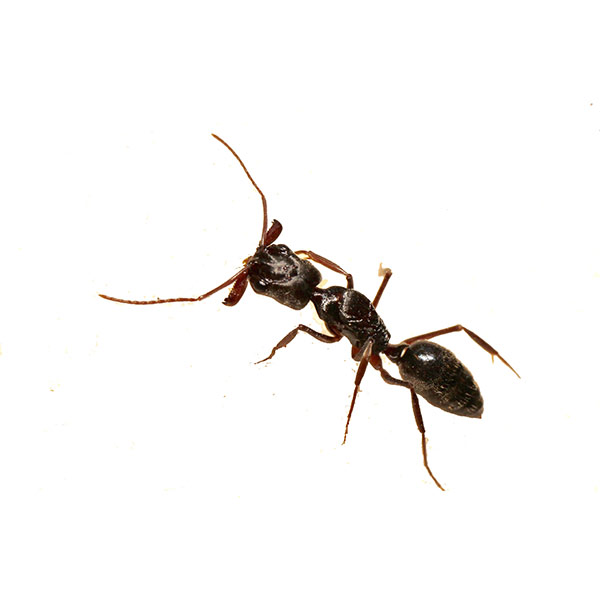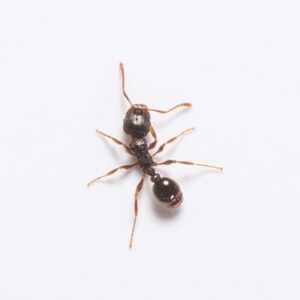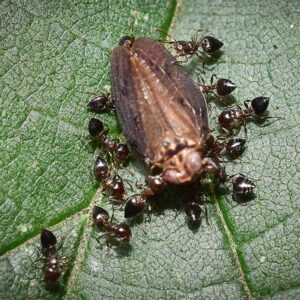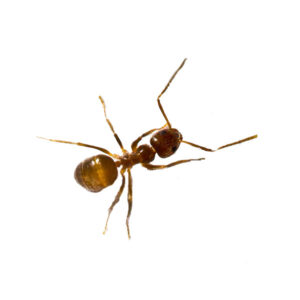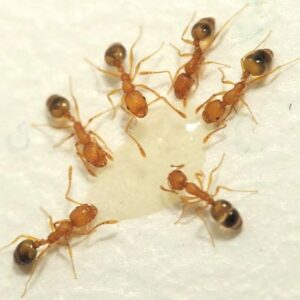Trap-Jaw Ants in The Mississippi Gulf Coast
Trap-jaw ants are active hunters with venomous stings and jaws strong enough to fling themselves through the air. These ants will use their powerful mandibles to not only attack but to escape, by hurling themselves away from predators. Generally found in tropical areas, they are currently spreading throughout Mississippi Gulf Coast and the Southern United States. When foraging for food, they may wander into homes where they may become an issue due to their painful bite, venomous sting, and aggressive behavior when their nest is threatened.
Trap-Jaw Ant Habitat
Building small colonies with only one queen and less than 200 ants, trap-jaw ants eat small insects and sweet substances. Trap jaw ants nest in soil, leaf litter and rotting logs. They are typically found under dead wood or beneath forest floors. In urban areas, their nests can usually be found in the mulch underneath hedges of landscaped areas near homes, commercial buildings, malls, and hotels.
Trap-Jaw Ant Behaviors, Threats or Dangers
The obvious danger regarding trap-jaw ants is their bite. Scientists have found the ant’s jaws accelerate at 100,000 times the force of gravity. When snapping their jaw shut, trap-jaw ants reach speeds up to 145 mph, exerting forces 300 to 500 times the ant’s body weight! However, these ants also have a painful stinger, and if a nest is threatened, workers will immediately jump at the attacker, stinging and biting. The trap-jaw ant’s stinger is not barbed and can be used repeatedly. Although their venom isn’t fatal, it can produce allergic reactions. If a trap-jaw ant infestation is suspected, it is recommended to contact a professional ant exterminator.
Need help with Trap-Jaw Ant control?
We'll call you! Leave your information below.

